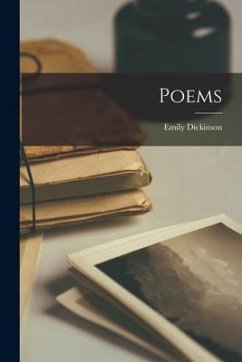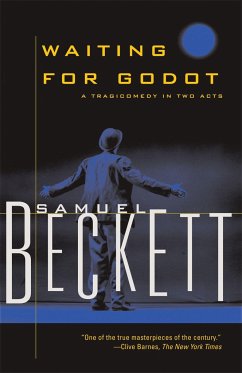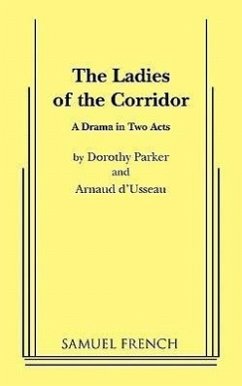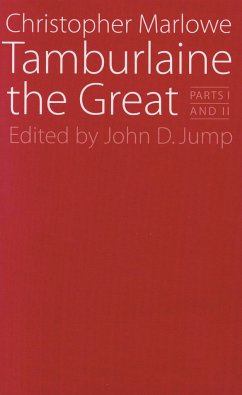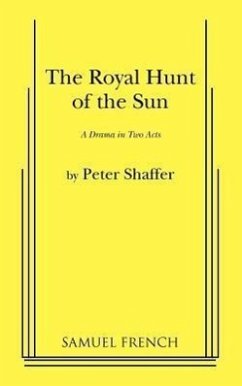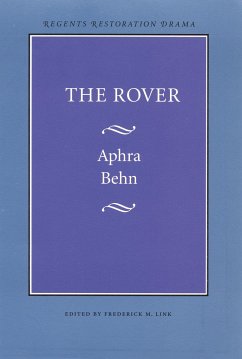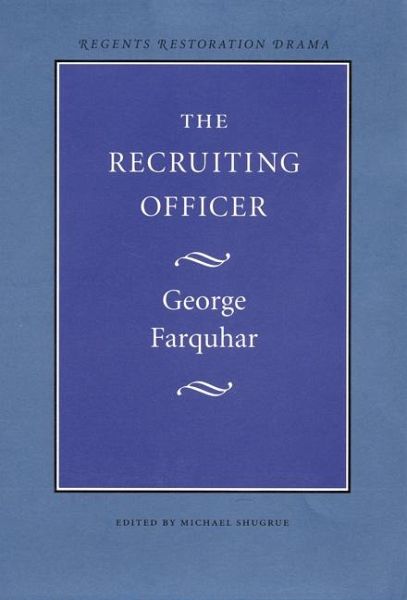
The Recruiting Officer
Versandkostenfrei!
Versandfertig in über 4 Wochen
16,99 €
inkl. MwSt.
Weitere Ausgaben:

PAYBACK Punkte
8 °P sammeln!
Since its first appearance in 1706, "The Recruiting Officer" has remained a scathing satire of military recruitment. George Farquhar knew the subject well, since he had been involved himself in the tricks and intimidation that enlisted recruits for Queen Anne's army in the War of Spanish Succession from 1703-1705. In Farquhar's play, two recruiting officers compete for recruits in the same locale. Recruiting in those years required more than patriotism and the lure of glory: it relied on bribery, alcohol, and the whole armory of deceit. Farquhar's play makes connections explicit, further setti...
Since its first appearance in 1706, "The Recruiting Officer" has remained a scathing satire of military recruitment. George Farquhar knew the subject well, since he had been involved himself in the tricks and intimidation that enlisted recruits for Queen Anne's army in the War of Spanish Succession from 1703-1705. In Farquhar's play, two recruiting officers compete for recruits in the same locale. Recruiting in those years required more than patriotism and the lure of glory: it relied on bribery, alcohol, and the whole armory of deceit. Farquhar's play makes connections explicit, further setting off their dramatic power by linking recruiting tactics to the rites of courtship. His satire is intensified by his much-admired portrayals of the characters and situations of rural life; Farquhar brought the men and women of field and village truly to the stage.





